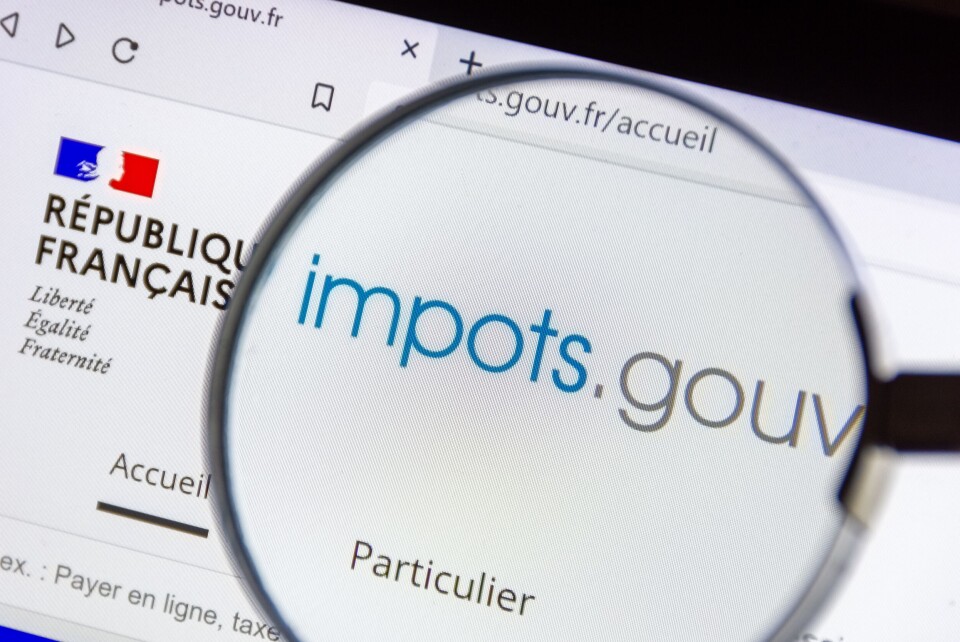-
Many Société Générale customers to be charged additional fees from April
There is some good news for international banking and instant transfers, however
-
Why contactless payments under €50 are sometimes rejected in France
The requirement of entering a PIN number for some small purchase is not random
-
How to value a property for France's wealth tax
Here is how to check if you have to pay the impôt sur la fortune immobilière (IFI) – and how much it will be
Why am I paying two lots of French tax at the end of the year?
We explain when the balance of any tax and social charges on the previous calendar year’s income is paid, as well as new on-account payments

Reader question: I have noticed increases in amounts taken out of my bank account for income tax towards the end of the year. I am trying to work out how overpayments in one year may be carried over as a credit against tax for the following year. How is this meant to work?
Also, my last avis d’impôt seemed to indicate a reduction in tax relating to plafond épargne retraite, which results, I think, in me paying less tax this year. However, I have had no change in personal finance circumstances since 2019.
When it comes to payment of taxes during the year, the system is complicated.
If one takes any tax year, the calendar year, income tax declarations are made mid-April to early June for the income of the previous tax/calendar year, and the assessments on this income are issued from the end of the following July onwards.
There are two consequences: first, the balance of any income tax and social charges due on the previous calendar year’s income is due to be paid in up to four instalments, from September to December (if any refund for overpayment is due, this will be paid out in late summer).
Secondly, new on-account amounts of tax and the social charges start being payable from September through to August of the following year.
The monthly amount is around 1/12th of the total tax and social charges due on the latest tax assessment, though exceptions do occur in this amount, depending on the sources of income.
In the following year the same thing will happen, and so on each year.
These payments, identified on a bank statement as the on-account monthly payments, are taken around the 15th of the month and the balancing amounts are taken around the 25th.
Note that if the on-account amounts based on the previous declaration are likely to be inaccurate compared to the real income received, you have the option of adjusting this in your account on the tax website under Gérer mon prélèvement à la source and Gérer vos acomptes.
As for the plafond épargne retraite, this is for those who could contribute to a French private pension, the function of which is to confirm the maximum tax-deductible premiums that can be paid into a scheme by the taxpayer.
Related articles
How can I check that my French income tax bill is correct?
Changing tax bands in France: How much could you save in 2023?
Six reasons to get your French finances in order before the new year
























